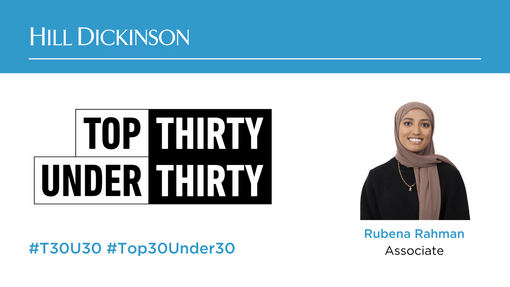Dealing with dishonest employees: Supreme Court changes the test for dishonesty

Details
A recent Supreme Court decision will have a significant impact on how employers deal with employees accused of theft or other dishonesty (e.g. claiming sick pay when fit to work, claiming expenses not properly payable, and misuse of staff discounts).
The Supreme Court (in a non-employment case) has ruled that the previous test for dishonesty, commonly known as the ‘Ghosh test’, should no longer be followed. The Supreme Court has substituted it with a different test which places far more emphasis on whether the conduct was in fact objectively dishonest. The new test, which marks a big departure from how the law on dishonesty was previously understood, means it will be easier for an employer to establish that its employee has acted dishonestly, and harder for the employee to succeed by claiming that they did not know that their actions were dishonest.
The old position – the ‘Ghosh test’
Under the previous legal test, to establish dishonesty, the Court of Appeal had ruled that it was necessary to ask two questions (R -v- Ghosh [1982] QB 1053):
- Was the behaviour dishonest according to the standards of reasonable and honest people?
- If so, did the individual realise that what they were doing was dishonest by those standards?
The Employment Appeal Tribunal had previously approved the use of the Ghosh test for employment cases (John Lewis plc -v- Coyne UKEAT/581/99).
New test for dishonesty
The Supreme Court recently held that the Ghosh test should no longer be followed because the second leg of the test has a number of serious problems. In particular, it has the unintended effect that the more warped the defendant’s standards of honesty are, the less likely it is that he/she will be considered guilty of dishonest behaviour. The Supreme Court has ruled that the correct legal test for dishonesty is:
- Did the defendant have knowledge or belief of the conduct?
- Was his conduct objectively dishonest?
The court or tribunal must ascertain the actual state of the individual’s knowledge or belief as to the alleged dishonest conduct (a subjective test) and then determine whether the conduct in question was honest or dishonest by the standards of ordinary decent people (an objective test). The new test removes the requirement to prove that the individual knew or believed that their actions were dishonest. This means it should be easier for employers to justify gross misconduct dismissals based on employee theft or dishonesty. Ivey -v- Genting Casinos (UK) Ltd t/a Crockfords [2017] UKSC






